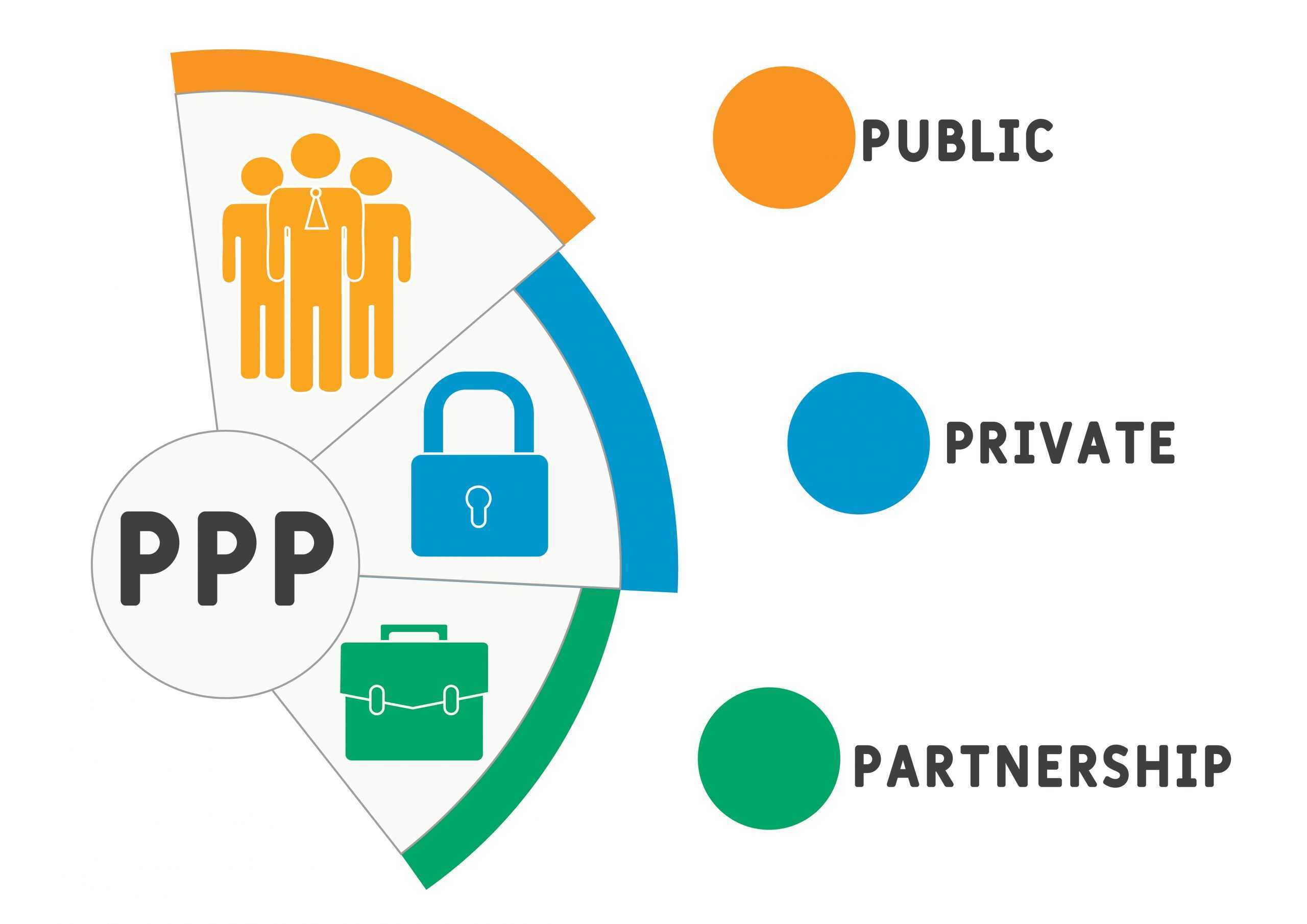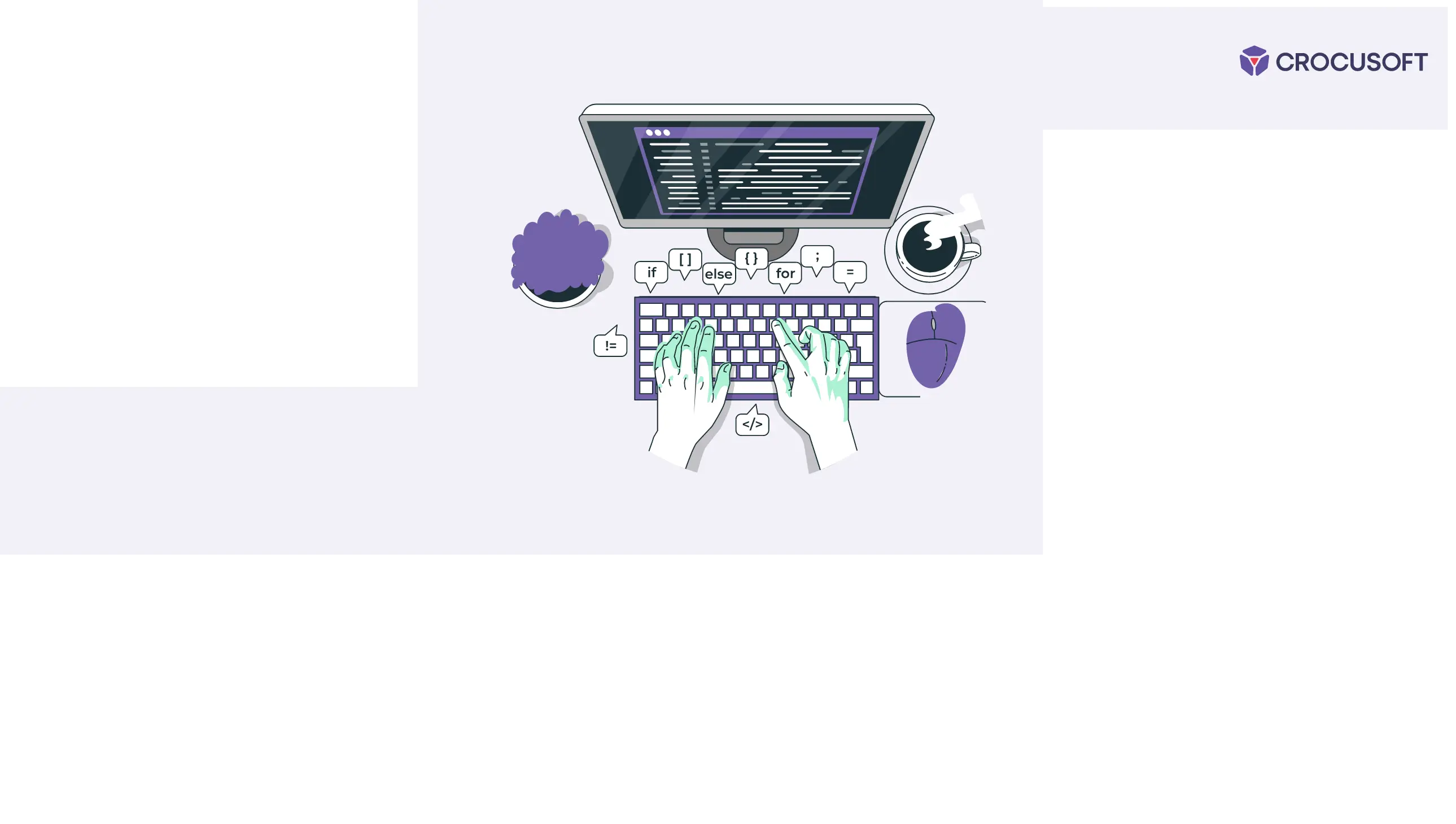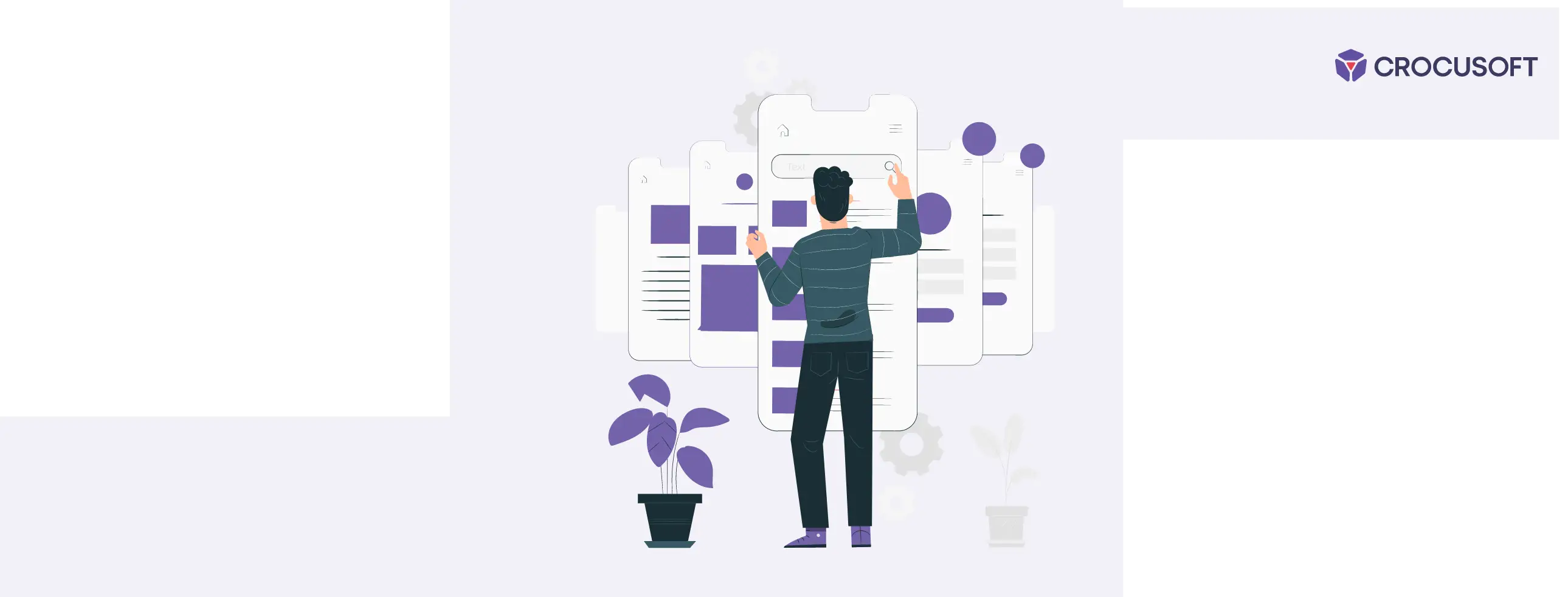PPP is usually a cooperative arrangement between a public authority and a company or non-profit organization. PPP refers to the sharing of resources, expertise and responsibilities to provide a service of public interest. In this type of projects, the public and private sectors come together to use their strengths together. The public sector provides its public resources, while the private sector provides its expertise.
PPPs can take different forms depending on the nature of the project or service. For example: Long-term partnerships, contractual agreements, etc. PPP is a partnership that benefits both the government, private institutions, and the public. But what are the benefits?
The state and state institutions are the parties that benefit the most from such cooperation. Mainly, government agencies have full control over the collaborative project and can fully influence the overall process. So, with this joint activity, they can save the budget and complete socially important projects. By using private sector companies which use the most modern technologies, the quality of public services is increased, and processes are increasingly digitized.
Through this cooperation, the private sector establishes a relationship with government institutions, and since it works together with government institutions, the status of the project increases even more. In addition, private companies can attract budget funds to the project by obtaining concessional loans with state guarantees. The public can enjoy high-quality services at discounted prices.
PPPs play an important role in meeting social needs and developing effective governance. Both sectors can benefit greatly if such collaborations are encouraged more.
 +994512060920
+994512060920





